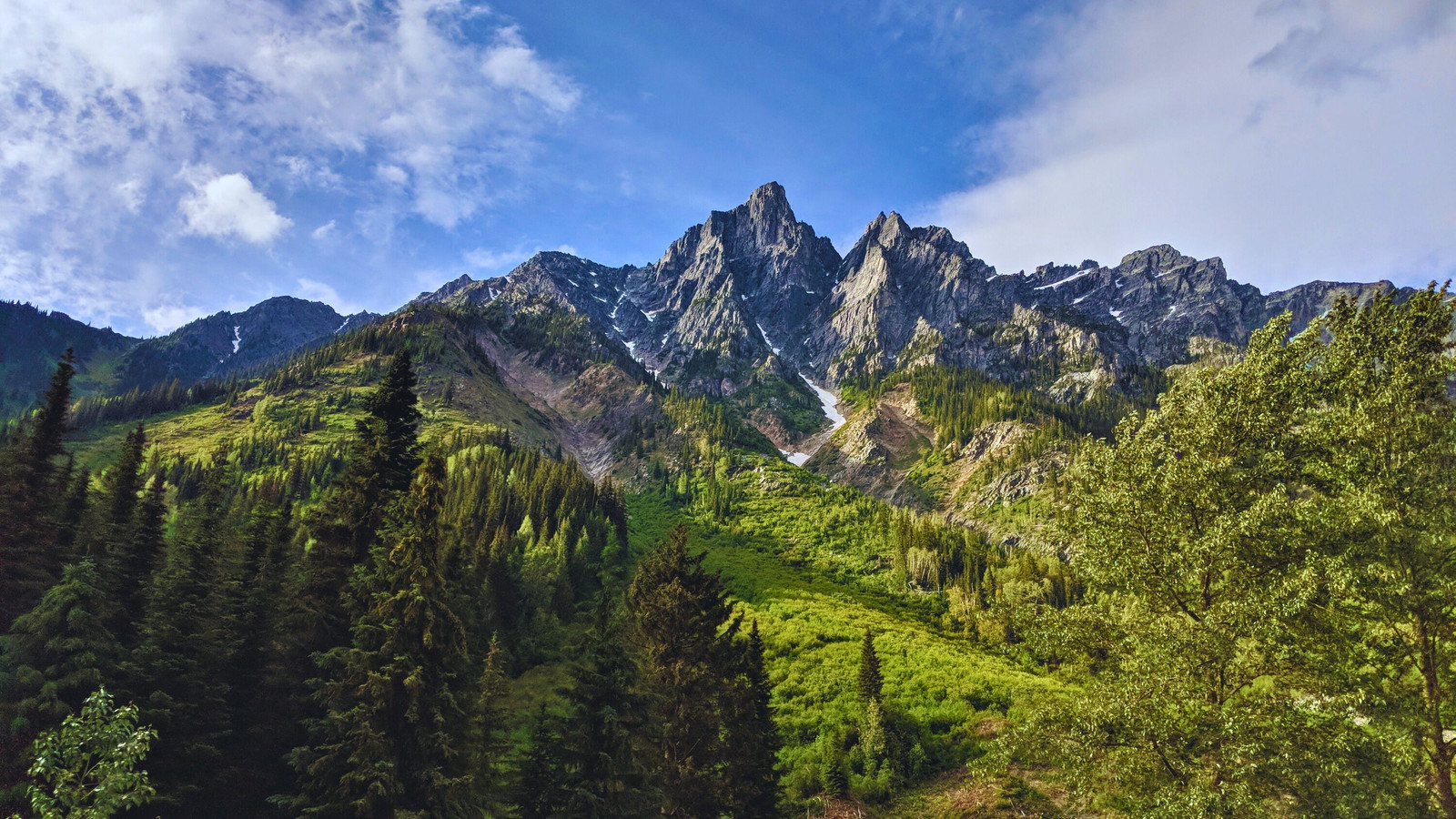When visiting the National Park, it is important to check all the rules. Breaking any of these can result in great fines, which can ruin your experience and give you a headache that may be a month ago, if not for years.
Unfortunately, according to article Published by Teton Gravity, this is what happened to two experienced skiers from British Columbia, Canada, during a visit to Glacier National Park. Margaret Elizabeth Hlushak and Matthew Charles Kotze recently received a huge fine after accidentally violating important restrictions.
But both of them should consider themselves lucky that the ban was made to protect the safety of the visitors. Despite violating the ban, both of them did not report any injuries. This is what happened and why the two skiers were fined.
Specialist skiers receive fines after breaking the important ban on Glacier National Park
Margaret Elizabeth Hlushak and Matthew Charles Kotze learned a difficult way to constantly check the rules of the garden and daily closure on their way to the Glacier National Park last spring.
On April 25, both traveled daily to the park in British Columbia and decided to explore the West Rogers area of the winter in the park.
Unfortunately, Parks Canada closed the area to the public at that time due to the risk of the back. However, both of them failed to review the park’s daily closing bulletin and entered the area. Therefore, they recently received a fine of $ 500 each.
West Rogers can be very dangerous as Canada Parks use artillery fire that explodes to control the back. Therefore, when the ban is present, it is enforced by the authorities.
|
Glacier National Park Main Information |
|
|---|---|
|
Province |
British Columbia |
|
Established in |
1886 |
|
Regional |
521 sq mi |
Parks Canada sees a visitor car at the Illecillewaet Trailhead, leading to the realization that both of them have entered this limited area. Both Margaret Elizabeth Hlushak and Matthew Charles Kotze are completely collaborative and convince the judge that the violation of the ban is due to ‘honest mistakes.’ As a result, the fine was dropped from $ 1,000 to $ 500 for each of them.
About $ 380 of the $ 500 paid will be given to Avalanche Canada to continue monitoring the cartilage in Glacier National Park for the safety of all visitors.
What is the Glacier National Park?
Although many people are unaware of this, the Canadians also have their own ‘Glacier National Park’. Located in British Columbia, this cannot be confused with the Glacier National Park in Montana. According to Parks Canada official websiteThis area is ‘heaven all year long,’ thanks to:
Extraordinary alpine views and deep valley filled with ancient forests.
Some of the most popular activities in the park include skiing, hiking, camping, and fishing. However, recognizing the rules of the garden and the limited area temporarily is important to avoid fines and risking your lives.
How to avoid fines while visiting Glacier National Park
Unfortunately, Margaret Elizabeth Hlushak and Matthew Charles Kotze were not the first to receive fines after entering the Rogers Pass. Three weeks earlier, several Fernie skiers, in British Columbia, were fined $ 1,000 to enter the same area. So, how can visitors avoid the same mistakes?
All visitors must always check the garden cover bulletin and all restrictions in the place before entering the park. For example, Canada Parks often block fires in protected areas. However, There are many other rules and the visitors’ prohibition should be aware.
Drones are prohibited, smoking and vaping are not allowed in most areas, and people cannot carry wood from home but are required to buy them in the park or surrounding area. This is to prevent the spread of invasive species.
It is also important to remember that visitors to the National Park Glacier is now needed to complete the Avalanche security quiz before entering the park.
Fortunately, both skiers were not injured despite violating the ban. However, these events serve as a reminder for everyone about the importance of examining which area is closed to avoid great fines and – most importantly – putting your life in danger.

